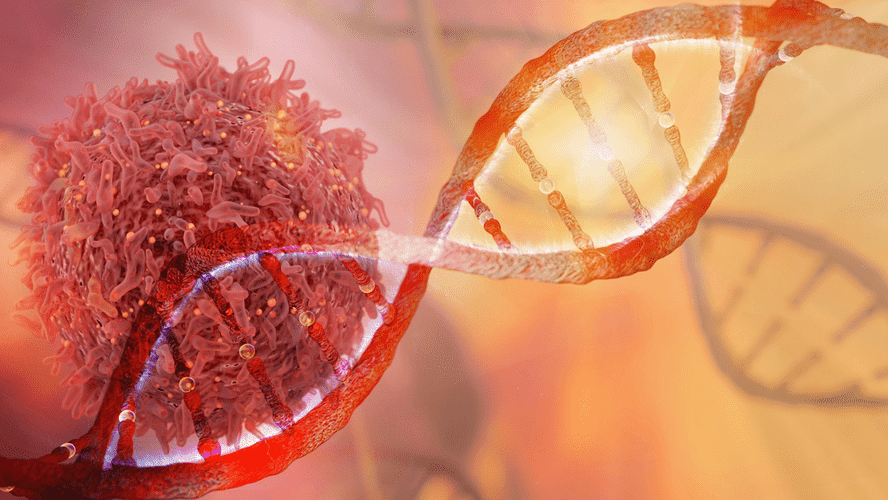Content
As the leader in affordable, high-quality treatment, Renewal Lodge adheres to evidence-based treatment methods designed specifically for the dual diagnosis client. We help our clients establish skills that improve resilience, self-confidence, and a deeper connection with the gifts of recovery. Brain fog can make you feel confused or disoriented, making it difficult to focus, put your thoughts into words, and stay organized. Your head seems to be in the cloud after binge drinking with your siblings. This morning you’ve lost your phone, keys, and charger all within an hour.
To help, set up your “detox space” before you stop or reduce your drinking. You’ll want a comfortable place to sleep and rest, low lighting, ice packs, a thermometer, clean sheets, a change of clothes, and plenty of premade nutritious food and water. It is important to drink plenty of fluids, especially if you have episodes of nausea or vomiting.
Can The Brain Recover From Alcohol Damage
A therapist trained in drug abuse treatment can help people recognize the symptoms of withdrawal as they are occurring so they can act fast to relieve themselves of the discomfort. New Horizon will provide a safe and comfortable place where this can be accomplished. She has been a Certified Clinical Medical Assistant for 9 years and has worked in various specialties during that time. Some of these include pediatrics, internal medicine, psychiatry, and rheumatology. She has worked in the substance abuse treatment field for almost 6 years. Kristi is currently working towards her Bachelor of Science in Nursing degree and hopes to finish by 2024.
How long does brain fog after drinking last?
Sometimes when people first stop drinking, they experience an extended period of “brain fog” or increased emotional instability. Fortunately, this usually only lasts a few days.
They are not “lying” but may actually believe their invented explanations. Scientists don’t yet understand the mechanism by which Korsakoff syndrome may cause confabulation. Reach out to us day or night – Our caring Treatment Consultants are waiting for your call right now. Tsai G, Gastfriend DR, Coyle JT. The glutamatergic basis of human alcoholism. Czuczwar SJ, Frey HH, Loscher W. Antagonism of N-methyl-D, L-aspartic acid-induced convulsions by antiepileptic drugs and other agents.
What is Alcohol Withdrawal?
He has spent the last 5 years working across the entire spectrum of the substance abuse treatment field and has found a passion for working with those that struggle with addiction and alcoholism. His own personal experience with recovery has granted him a unique and valuable perspective that allows him to serve this patient population most effectively. This level of addiction care addresses physical and psychological withdrawal symptoms, including brain fog. Many alcoholics experience brain fog when they first stop drinking alcohol. This has to do with alcohol’s effect on the brain, namely how it affects cognitive functioning.
Take our short alcohol quiz to learn where you fall on the drinking spectrum and if you might benefit from quitting or cutting back on alcohol. Learn some deep-breathing, meditation, and mindfulness exercises beforehand, and be prepared with some movies, games, or other distraction techniques. Let friends, family, and loved ones know what you are doing, and ask them to check in on you. Ria Health offers several FDA-approved medications for alcohol use disorder. When combined with counseling, this approach is proven highly effective. Alcoholics’ brains have developed slower than those of nonalcoholics in terms of both volume and weight.
Day 12
Some people still experience impaired cognitive functions even after a significant recovery of brain volume. They cannot perform tasks that require prolonged focus, planning skills, or complex problem solving easily. Finally, it’s important to know that you don’t need to go through this process alone. There are many forms of support out there, including online programs like Ria Health. Our medical team can help you design a plan to taper off alcohol from home, prescribe medications to manage cravings, and support you in establishing new habits afterwards.

By placing the needs of his staff and company ahead of his own, Peter leads with a team approach that continues to inspire the mission of Burning Tree Programs. A proud father, Peter and his wife count six dogs amongst their family members. He received his Master of alcohol brain fog Social Work degree from the University of Houston in 2019. Mark also received advanced training graduate of the Dallas Psychoanalytic Institute-Academic Track. He also holds a BS in Mathematics, BA in History and a Master’s degree in Journalism and Public Affairs.
